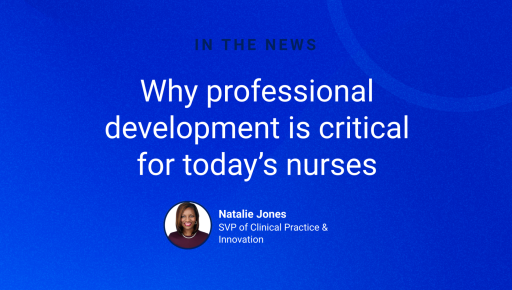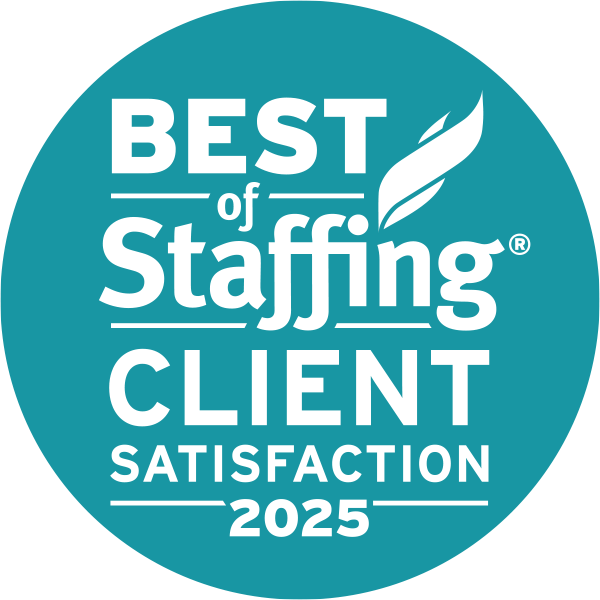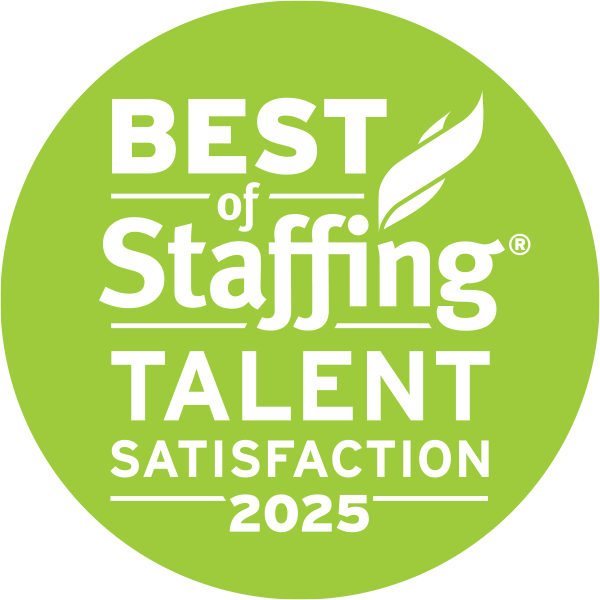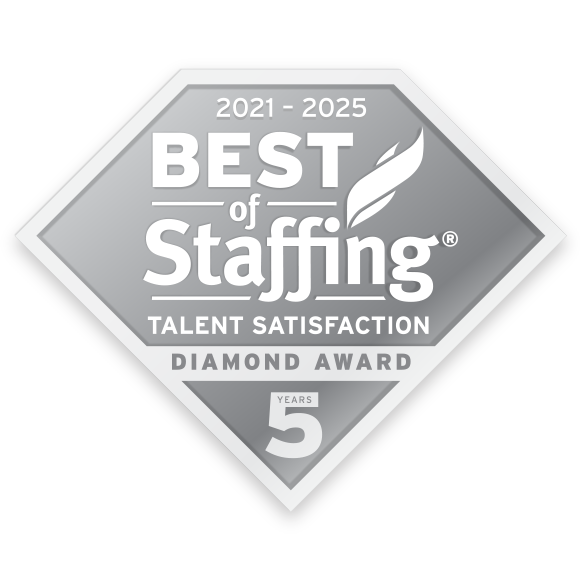
Find the local allied health position that’s right for you
Find the local allied health position that’s right for you
When you partner with Prolink, you're paired with a dedicated team of healthcare recruiters committed to finding you the positions that suit you best. We provide our local allied health professionals with dedicated support and a recruiter that understands their needs, goals, and life.
Why allied professionals choose Prolink:
- The best compensation and benefits
- Dedicated, supportive Clinical Team
- Free mental health resources
- Tuition discounts
- Day-one health coverage and 401(k) enrollment
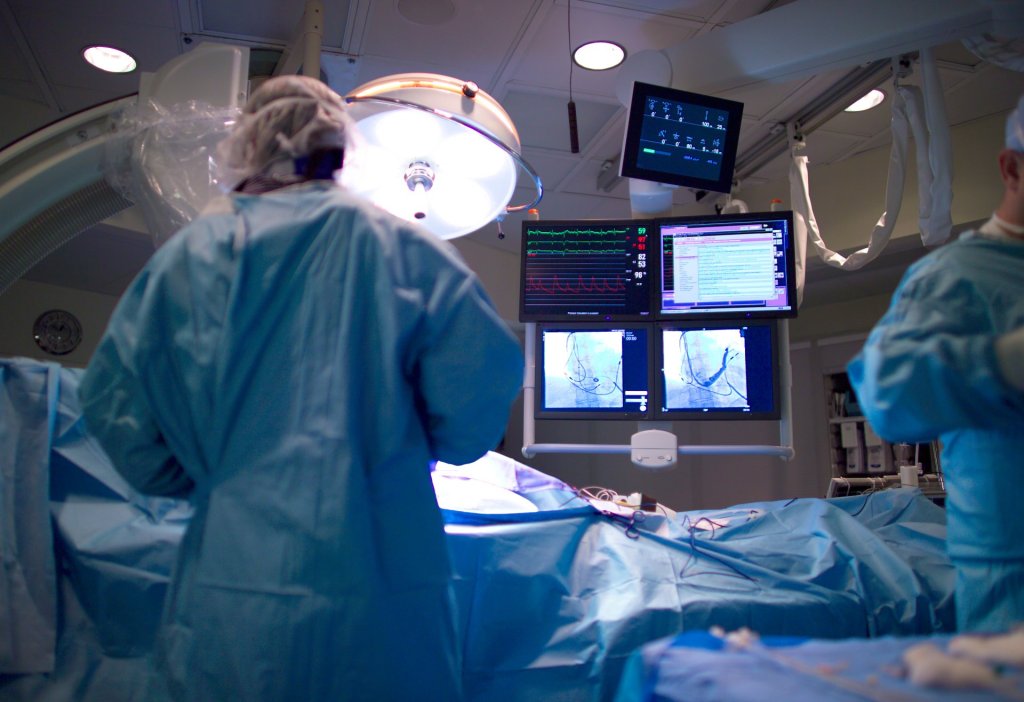
Career Spotlight: Cath Lab Tech
A cath lab tech helps cardiologists perform procedures such as ablations, angiograms, and pacemaker placements. They take permanent positions in cardiac catheterization labs, where they assist patients through procedures and operate advanced cardiac equipment.
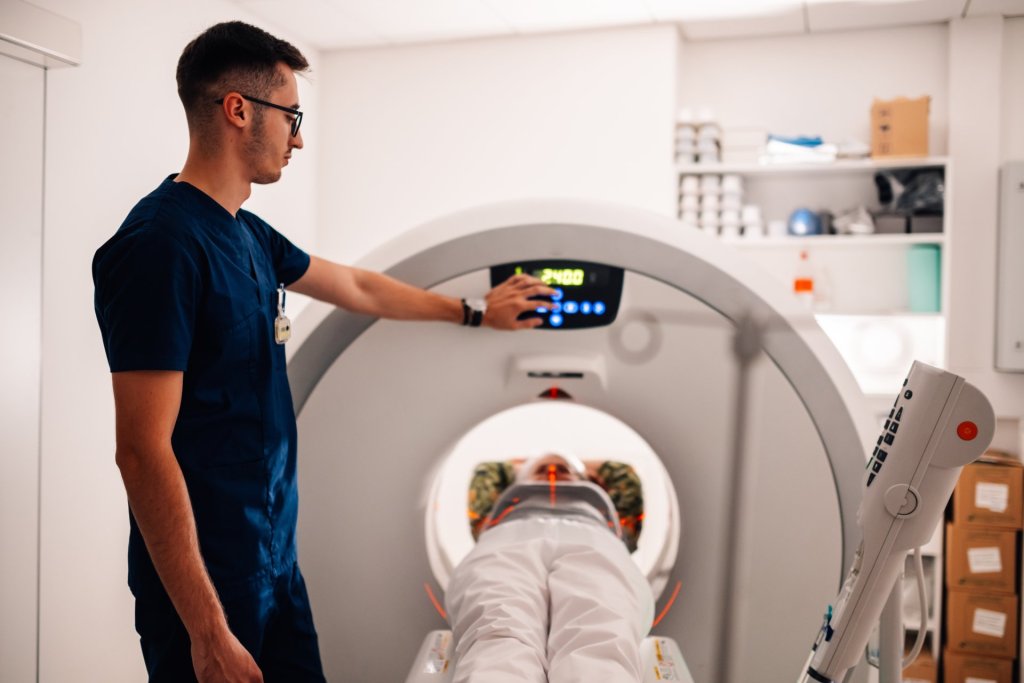
Career Spotlight: CT Technologist
A CT technologist performs radiologic scans to help diagnose diseases or determine the extent of injuries. These professionals work in long-term positions, helping patients comfortably and safely get through their scans and preparing the results for other healthcare professionals

Career Spotlight: MRI Tech
A local MRI technologist uses magnetic resonance imaging technology to take images of tissues and other internal parts of the body for diagnostic and treatment purposes. They work in hospitals, imaging clinics, and other facilities with an MRI machine.
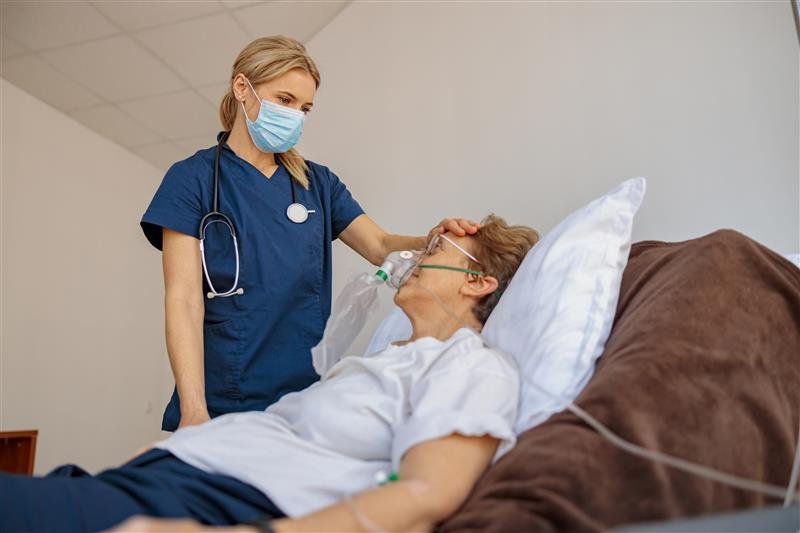
Career Spotlight: Respiratory Therapist
Local respiratory therapists help patients with cardiac and respiratory conditions. They take on long-term positions where they offer diagnostic services while also monitoring lung function and providing patient education.
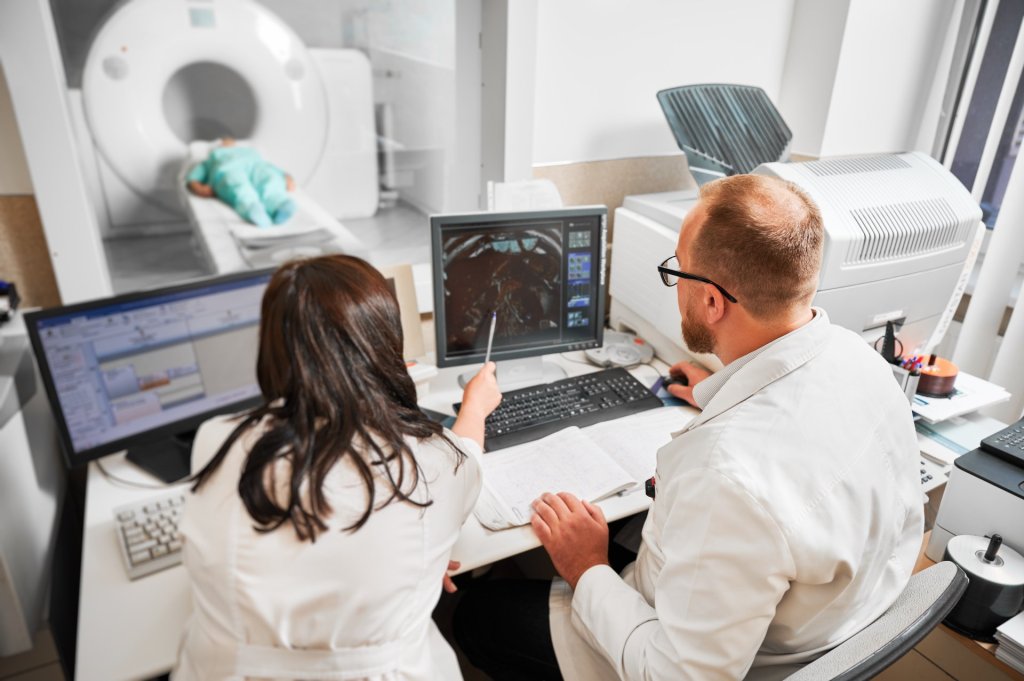
Career Spotlight: Rad Tech
A rad tech is a healthcare professional who performs radiation treatment as well as diagnostic imaging procedures using X-rays. They assist doctors in interpreting the results and monitor patients throughout the imaging exams.

Career Spotlight: Ultrasound Tech
A local ultrasound tech takes permanent positions at hospitals and other imaging centers, where they use specialized equipment and sound waves to create images of parts of the human body. Ultrasound techs work alongside doctors, nurses, and other healthcare professionals.

Career Spotlight: Echo Tech
Echocardiogram techs are specific types of sonographers who specialize in the heart. They use ultrasonic devices to create images of the heart that can be used for diagnostic purposes as well as to see disease progression.
Connect with a Prolink recruiter
Each local allied healthcare career has its own educational requirements, but many do not ask for more than a high school diploma or its equivalent and state certification. More advanced local allied health positions could mean needing an associate degree, which you can complete at a community college or vocational school in about two years.
After completing your education, these careers will usually require that you receive certification. You can do this by passing a qualifying exam from the appropriate certifying organization.
Local allied health professional salaries vary significantly depending on the exact career path you choose and the state where you practice. You can expect higher salaries in states such as California, Alaska, New Jersey, and New York.
By working with Prolink, you can receive additional benefits, including retirement planning, health insurance, some tuition reimbursement, and paid time off.
Local allied health FAQs
Yes. Many local allied health positions allow you to work directly with patients. If that is not what you prefer, there are also lab positions available.
Most local allied health positions pay well, but physical therapists and respiratory therapists tend to be at the top of the list.
Prolink Perspectives
Learn everything you need to know about being a local allied professional, including how to get your first travel assignment, tips and tricks, and much more.
Apply for Your Next Position
Let us find your perfect fit. Connect with a recruiter today.
